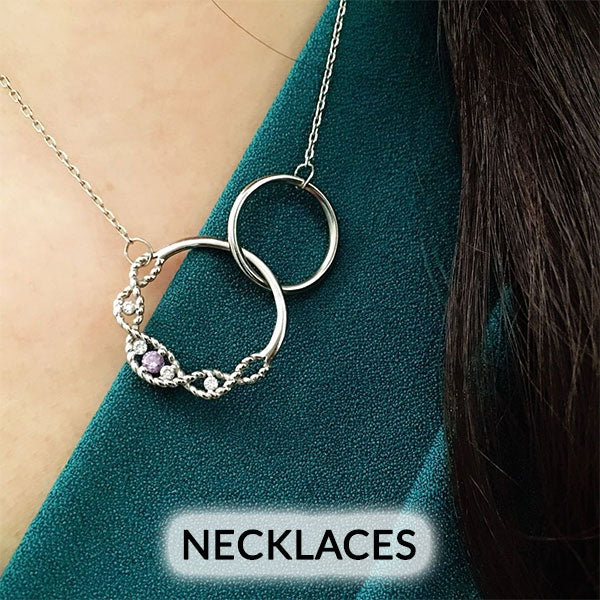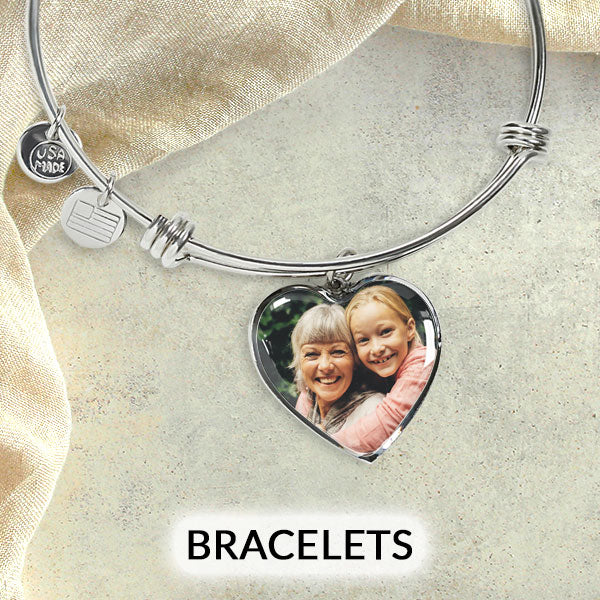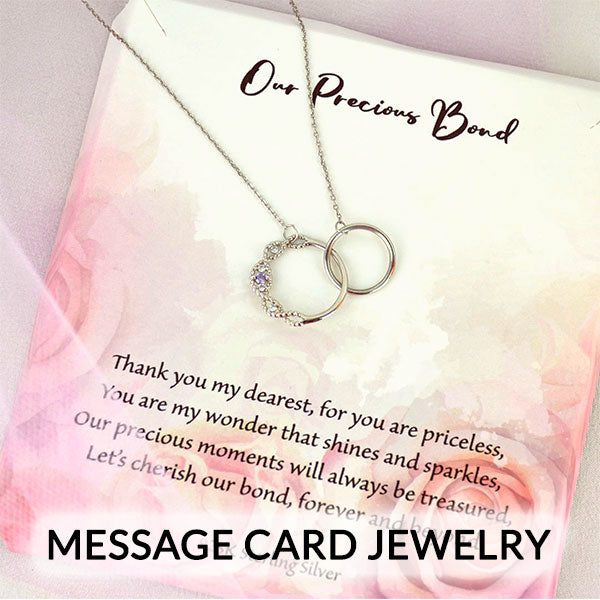
Hi reader!
Did you know that we have a National Grief Awareness Day?
Well, we do!
Angie Cartwright founded it in 2014, and we celebrate it on 30th August every year.
Yeah, using “celebrate” disturbs us, too. Too bad, we can’t use something like “we will cry it,” so let’s stick to the norms, where we celebrate days.
Anyway…
Today, we will help you understand grief more by walking you through the 14 common types of grief.
Are you ready to learn more about grief? We bet you are. So let’s get started.
1. Normal Grief
Normal grief is the usual sadness you feel after a loss. It follows any loss and is not just limited to death. There are five stages of grief in normal grief, and your grief is normal when you complete all the five stages.
Different individuals take different times to complete the five stages. You may grieve for a week, and another person grieves for a month or even an entire year.
Some common symptoms of normal grief include
- Extreme sadness coupled with occasional happy moments
- Change in feeding and sleeping patterns
- Withdrawal from family and friends (this withdrawal should, however, not be prolonged)
- Feelings of helplessness in the initial stages of grief
- Feeling exhausted and angry
2. Distorted Grief
This is the close opposite of normal grief. In normal grief, everything falls in place eventually. In distorted grief, things fall apart over time. You move from bad to worse with each grieving day.
With this grief comes feelings of extreme anger and guilt after experiencing a loss. You may find yourself hostile and inconsiderate of other people around you.
This is the form of grief that results in mental illnesses.
In most cases, it interrupts your other existing relationships before the loss.
3. Cumulative Grief
This is the grief that strikes you before you ultimately deal with existing grief.
Here’s a little story to further explain cumulative grief. Steve had this amazing girlfriend who he even engaged to pending marriage…
A day before their wedding, the lady sadly called off the engagement. Steve was crushed.
The poor guy barely got out of his house. His once built frame got reduced to a mere shadow of himself.
What’s worse, Steve’s mom passed away from the COVID-19 pandemic during the same time. Two weeks later, his sister got into a fatal crash while driving his new car.
Steve has a breakup, the death of family members, and damaged property, all to deal with at the same time. That, dear reader, is cumulative grief.
Have you ever experienced that? Let us know how you went through it.
4. Collective Grief
Grief is a personal experience. Only the person experiencing a loss will feel the pain. Often we deal with our losses individually. Others may not understand our grief because it may not affect them, so they can not relate.
What if the loss unites a city, community, or even a group of people? What would we call it?
Your guess is correct. That is collective grief. It unites people, as they feel the same pain for the loss.
Here are some examples of collective grief.
- A public figure dies
- A community elder dies
- Terrorist attacks
- A natural calamity
5. Abbreviated Grief
Do you remember Steve? (He was in the ‘Cumulative Grief’ earlier)
Let us say after his breakup, he immediately found himself a new girlfriend and even got married. It would mean he had little time to be sad over the first relationship because he got another one, right? That short grieving period is what we call abbreviated grief.
Abbreviated grief is when the loss is short-lived. Mostly it's due to a void being filled with something new. In this case, Steve got himself a new woman instead of locking himself inside and crying his lungs out.
But do we advise you to try that? No.
6. Delayed Grief
We know you love stories, so here is another one.
Jane, poor Jane, has been studying hard for her national exams.
This morning, Jane has her feet wet, doing books as her norm. The exams are due in two days. She is very confident in herself, and she knows the exams will turn out perfectly.
Exam day is finally here, and Jane is a little nervous, just like other students. Before the exam begins, her class professor calls her aside for a word. Jane receives a piece of bad news—she has just lost her mother.
She is lost for words and is confused. The exams are so important to her. She only manages to mutter a shallow “Thank you.” to the professor.
Deep breaths in….. Deep breaths out. Jane is back to her desk for the first paper. It takes her up to five days of pure agony to complete her exams. Afterward, she rushes home to allow herself to come to terms with her mom’s death.
See that? Well, that is delayed grief. She had to postpone grieving due to a major ongoing event.
7. Anticipatory Grief (AG)
Anticipation is waiting for something that has not occurred yet but is more likely to happen.
Therefore, anticipatory grief is grieving before an actual loss.
You are likely to have anticipatory grief when your loved one has a chronic disease like the final stages of cancer.
Read more: Anticipatory Grief: Do You Have THESE 3 Emotional Rollercoasters?
We have a detailed blog post on anticipatory grief. In the blog post, we attached different testimonies from people who had gone through this type of loss. Be sure to read the post.
8. Disenfranchised (Ambiguous) Grief
Back to Steve once again. Do you remember his first girlfriend? Let’s call her Lora.
So, Lora’s dad has passed away. Steve gets to know this and is somehow depressed by the news. He shares the news with his friends.
They are sorry for Lora’s loss but can't resonate with Steve’s grief. Remember, Steve and Lora had split up, so his friends don't see why Steve should be grieving for that loss.
Dear reader, do you see any reason for him to grieve?
Oohh, yeah. Steve is having disenfranchised grief. He feels a sorrow others can not feel. His ex-girlfriend is physically present but significantly absent in his life. The grief is unique to him. How are others supposed to feel that, though?
9. Absent Grief
Have you ever found yourself not grieving when you lose something?
We know you may be asking, “How is that possible?” Well, it happens, and that is what we call absent grief.
Absent grief can be the result of severe shock or denial following a loss. Other times it follows anticipatory grief (AG)—in anticipatory grief, you have been expecting the loss, so it comes with no shock or emotions at all. It is like you had completed the stages of grief while waiting for the loss.
Here’s an example. Imagine you have a close relative confined to the Intensive Care Unit for months. The doctor has been sharing non-reassuring news about your relative’s health with you. Because of that, you have been preparing yourself for the worst-case scenario. You may even be accustomed to the idea that he will die pretty soon.
Because of your anticipation, when your relative does die, you may not grieve much compared to someone who hadn’t foreseen the death.
Have you ever felt this type of grief?
10. Inhibited Grief
Inhibited grief is when you don't show the world signs of grieving. What do we mean? We mean, you are sad internally and may cry when alone, but when near others, you pretend to be happy and are accepting of the universe’s will.
Why would someone do that? Yeah, we got your question.
This may happen in cases of strict religions or the need for the family to grieve privately.
WARNING: This form of grief may lead to depression.
11. Complicated | Traumatic | Prolonged Grief
Too much of something, they say, is lethal. Grieving is not spared from the list, either. When you grieve way far into the loss, you may have this type of grief.
Hold on. Remember, there is no definite period for grieving, but it shouldn't take too long. It should not interfere with your ability to carry out your daily tasks.
Complicated or prolonged grief manifests with physical debilitation. You detach entirely from things that used to be fun for you.
The nature of death or the timing may be the cause of this type of grief. The kind of relationship you had with the deceased also plays a role. Another factor is pending projects you and the deceased were handling together before the untimely death.
12. Exaggerated | Chronic Grief
This grief presents with daily sadness for six consecutive months.
Usually, grief will present in five stages. Remember, the stages are in no particular order. Then grief reduces over time until you accept and live with the loss.
But in exaggerated grief, things work in the opposite direction. Instead of the symptoms declining, they increase with time.
Results? Suicidal tendencies, anxiety disorder, clinical depression, and self-destructive behavior.
The next time you see someone with a slit wrist, please ask them if they had this type of grief at one point.
And hey, be human when asking.
13. Masked Grief
What does something masked mean to you?
You are right. This is grief that is not grief… but that is also grief… and again, not grief.
Here, you try to cover your sad emotions to avoid feeling them.
You don't want to feel your grief, so you drink yourself silly… that is masked grief.
You fear your grief, so you pop some pills… that is masked grief.
You avoid being alone, so you constantly look for people to divert your mind… that too is masked grief.
Do you get the drift?
We bet you do.
14. Secondary Losses in Grief
Do you remember Jane, the poor student we talked about in Delayed Grief section?
Let's go back to her for a second, okay?
Two years after her mom died, her father passed away too. So her mom’s death was primary, and that of her dad, secondary.
The secondary death elicited emotions from the primary death. Should another close relative of hers die, it will evoke all those previous emotions.
But we hope that doesn't happen to her. Poor thing, she has had enough emotional turmoil. And, yes, she passed her exams. We know you are curious.
Dear reader, we hope you find this post educational. Grief is complicated, but you can make it bearable by being present and intentional in your life. Spend quality moments with loved ones. Capture and cherish those moments. And most of all, visit our website for personalized memorial jewelry and insightful blog posts on how best to capture your extraordinary moments.
You’ve got this!











